Are you looking to improve your garden’s health and ensure your plants thrive year after year? If so, composting might just be the natural solution you’ve been searching for. Composting for healthy soil is a simple yet powerful practice that not only enhances soil quality but also promotes environmental sustainability. By breaking down organic materials, compost becomes a rich nutrient source that benefits both your plants and the planet. Whether you’re new to composting or looking to refine your technique, this guide will walk you through the essential aspects of composting for healthy soil, answering your most pressing questions along the way. From understanding the benefits of composting to learning how to choose the right compost for your needs, we’ll explore everything you need to know to get started. Keep reading to discover how composting can transform your garden and your approach to sustainable gardening.
Key Takeaways
- The best composts for soil improvement include composted bark, horse manure, and green waste, offering unique benefits like nutrient enrichment and improved soil structure.
- To turn bad soil into good, test the pH and nutrients, add organic matter like compost, mulch, aerate, adjust structure, and maintain regular care for optimal plant growth.
- Field No.1 Soil Improver stands out as a premium option, enhancing soil health with nutrient-rich compost, improving structure, supporting microbial activity, suppressing weeds, and offering eco-friendly benefits.
Does Composting Improve Soil Health?
Yes, composting significantly enhances soil health by providing essential nutrients, improving soil structure, and fostering beneficial microbial activity.
Key Benefits of Composting for Soil Health
- Nutrient Enrichment: Compost adds organic matter rich in nitrogen, phosphorus, and potassium, essential for plant growth and fertility.
- Water Retention: Compost improves soil’s ability to hold and retain moisture, reducing the need for frequent watering and protecting soil from drought conditions.
- Soil Structure Enhancement: It aids in forming aggregates, which improve soil aeration and root penetration, leading to better root development and plant growth.
- PH Level Regulation: Compost contributes to a balanced soil pH, supporting a wider range of plants and crops.
- Microbial Activity Promotion: Compost serves as a habitat for beneficial microorganisms that boost soil fertility and plant resistance to diseases.
How to Effectively Compost
Start with kitchen scraps and yard waste, mixing them with brown materials like cardboard or manure. Regular turning of the pile accelerates decomposition and reduces odors. Consider using worm composting for an efficient, low-maintenance option.
Why Composting Matters
By incorporating compost into your gardening routine, you contribute to a healthier soil ecosystem, ensuring stronger, more resilient plants and a more productive garden or farm. Explore our composting guide for detailed tips and techniques to get started.
Disadvantages of Composting
- The process can attract pests such as flies and rodents, which may contaminate the compost pile.
- Composting can produce an unpleasant odor, particularly during warm weather or when dealing with organic waste like meat or dairy products.
- It may draw unwanted attention from wildlife, as compost piles often serve as a food source for animals.
- Composting requires regular maintenance and turning of the pile, which can be labor-intensive, especially for large quantities of waste.
- Some materials, like certain types of meat or dairy, should not be composted due to health concerns, which can limit its versatility.
For more detailed information on composting and its benefits, visit our composting benefits page or explore our comprehensive guide on compost methods .
How Long Does It Take for Compost to Turn into Usable Soil?
The decomposition process for compost varies significantly based on several factors:
- Initial Breakdown Phase: Typically takes 2-6 weeks. During this phase, the organic material begins to decompose into smaller particles.
- Maturation Phase: This phase usually lasts 6-12 weeks. By this point, the compost will have developed a rich nutrient profile and a more structured texture.
- Pile Turning Frequency: Regularly turning the pile can reduce decomposition time. Turning every few weeks can cut the total time in half.
- Type of Waste: Materials like grass clippings and leaves decompose relatively quickly (4-8 weeks), whereas kitchen scraps may take longer due to higher moisture content.
- Environmental Factors: Temperature and moisture levels greatly influence decomposition. Warmer conditions and well-drained piles encourage faster breakdown, while cold or wet environments slow the process.
Compost is typically ready to use when it has cooled, turned a rich brown color, and developed a earthy scent. It can then be incorporated into the soil as a valuable amendment to improve fertility and structure.
For more detailed guidance on home composting, visit our composting guide .
Best Compost for Soil Improvement
Improving soil health is crucial for successful gardening, and compost plays a vital role in enriching the soil. Different types of compost offer unique benefits, so choosing the right one depends on your specific needs and available resources.
- Kitchen Scraps: Safe for most gardens, kitchen scraps like fruit peels, vegetable trimmings, and coffee grounds are excellent sources of nutrients. Avoid meat, dairy, and fatty foods to prevent attracting pests.
- Yard Waste: Leaves, grass clippings, and branches decompose quickly and provide essential organic matter. Fresh leaves should be composted for at least six months to reduce acidity.
- Manure: Horse manure is particularly recommended due to its balanced nutrient profile and lower nitrogen content. Well-rotted manure releases nutrients slowly, preventing soil burn.
- Green Waste: Vegetable scraps and plant-based waste are nutrient-rich. Onions and garlic, high in sulfur, can enhance soil fertility.
- Leaves and Straw: Mature leaves and straw improve soil structure and aeration. Fresh leaves should be aged before use to neutralize acidity.
- Wood Chips and Sawdust: Add carbon to the soil, though use untreated wood and in moderation to avoid pathogen risks.
- Composted Bark: A good mulch option, especially for pathways, though it may not contribute as heavily to soil improvement as other composts.
Consider your local resources and composting capacity. Mix different materials for a balanced compost, allowing for slow-release nutrients. Always chop materials to speed decomposition and aerate regularly. Avoid fresh manure and certain scraps to prevent issues. With proper preparation, compost enhances soil health and supports thriving plants.
How to Turn Bad Soil into Good
To transform poor soil into rich, fertile ground, follow these organized steps:
- Test the Soil : Begin by conducting a soil test to determine pH levels and nutrient content. This ensures you understand the current state and identify deficiencies.
- Add Organic Matter : Incorporate compost or manure to enhance texture and nutrients. Apply 1-2 inches of material and mix thoroughly into the soil.
- Mulch : After amendments, cover the area with organic mulch (like straw or wood chips) to retain moisture, suppress weeds, and regulate temperature.
- Aerate the Soil : Use a shovel or tiller to break up compacted soil, improving aeration and root penetration.
- Adjust Soil Structure : Aim for a loamy soil texture. If lacking, add sand for drainage or clay-breaking amendments like compost or peat moss.
- Water Properly : Employ drip irrigation or rain barrels to ensure even moisture distribution, avoiding waterlogging that compels soil consolidation.
- Re-test and Plant Strategically : Repeat soil testing post-amendments. Plant crops suited to your soil’s pH and structure for optimal growth.
- Maintain Regularly : Continue mulching and applying organic materials. Practice crop rotation to sustain soil health and prevent issues.
By systematically addressing each aspect, you can effectively convert poor soil into a thriving garden environment.
What is Field No.1 Soil Improver?
Field No.1 Organic Soil Improver is a high-quality compost product designed to enhance soil health and plant growth. It is made from carefully sourced organic materials that have undergone controlled decomposition to create a rich, nutrient-dense solution for your garden or farm.
Key Benefits of Field No.1 Soil Improver:
- Nutrient Enrichment: Field No.1 compost is packed with essential micro-nutrients, macro-nutrients, and beneficial organisms that promote healthy plant growth. It helps replenish soil nutrients that may be depleted over time due to regular farming practices.
- Improved Soil Structure: The compost increases soil porosity, allowing for better root penetration and water infiltration. It also enhances soil aeration, reducing compaction and improving overall soil health.
- Microbial Activity: Field No.1 supports a thriving population of beneficial soil microbes. These organisms play a vital role in breaking down organic matter, releasing nutrients, and improving soil fertility.
- Weed Suppression and Frost Protection: As a natural mulch, Field No.1 helps suppress unwanted weeds while providing a protective layer that shields plants from frost heave during colder months.
- Eco-Friendly Solution: Unlike synthetic fertilizers, Field No.1 compost is a biodegradable and sustainable option that aligns with eco-conscious farming practices.
How to Use Field No.1 Soil Improver:
- Mix a thin layer of Field No.1 compost into the soil before planting to enrich the existing soil structure.
- Apply as a mulch around plants, trees, and shrubs to retain moisture, regulate soil temperature, and deter pests.
- For container gardens, mix Field No.1 compost with potting soil to improve root health and nutrient availability.
Comparison with Other Products:
While there are other compost options available, Field No.1 stands out for its premium quality and consistent performance. Many users prefer its ability to quickly improve soil conditions and provide long-lasting benefits compared to cheaper, less nutrient-dense alternatives.
Conclusion:
Field No.1 Organic Soil Improver is an excellent choice for gardeners and farmers seeking a reliable, eco-friendly way to enhance soil health. Its rich nutrient content, improved soil structure, and ability to support microbial life make it a valuable addition to any growing space. By using Field No.1, you contribute to a healthier ecosystem while enjoying better crop yields and happier plants.

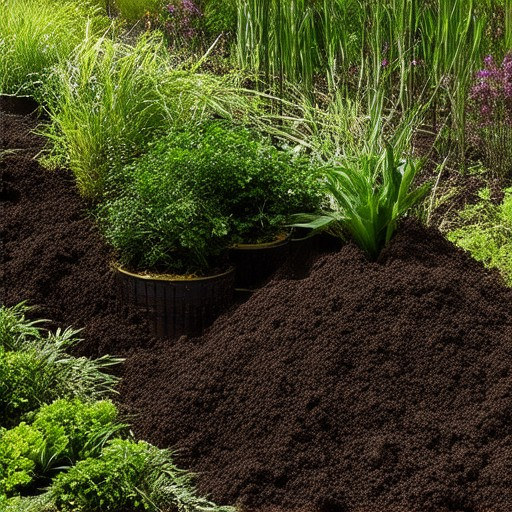
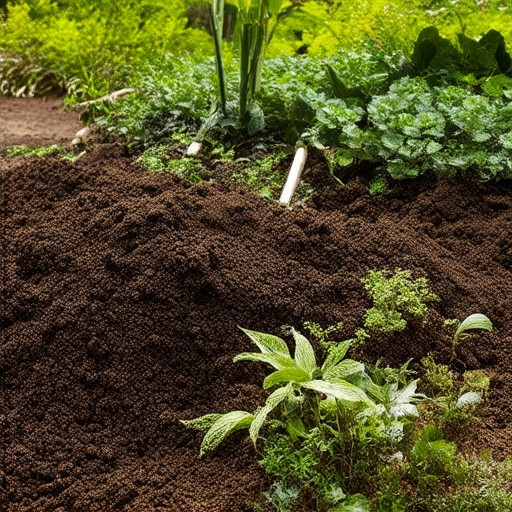
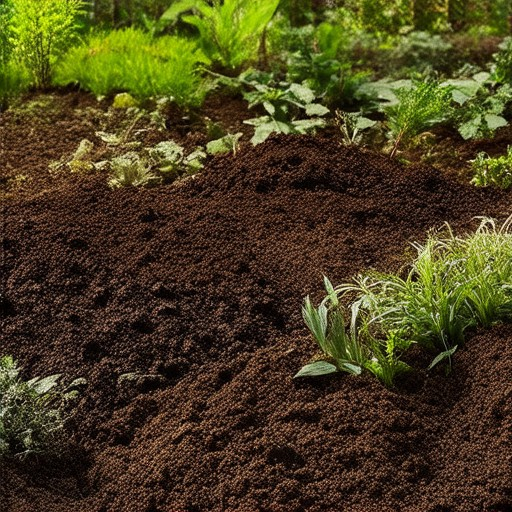
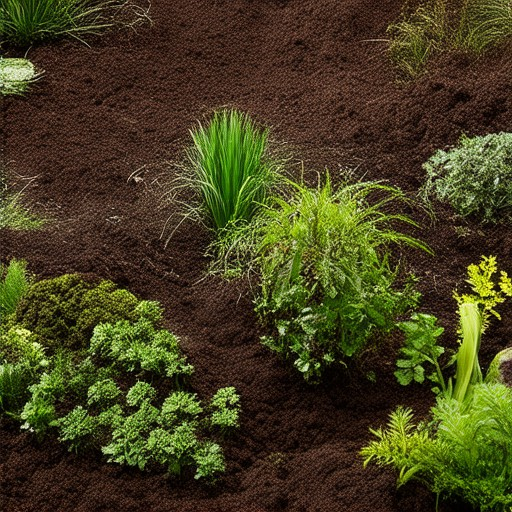
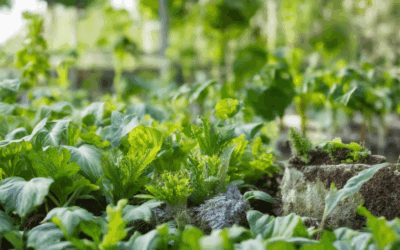
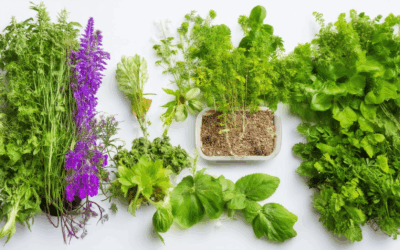
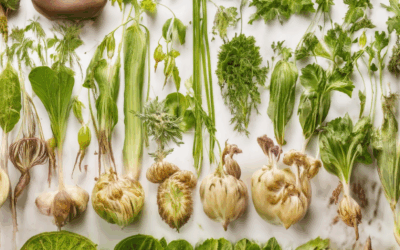
0 Comments